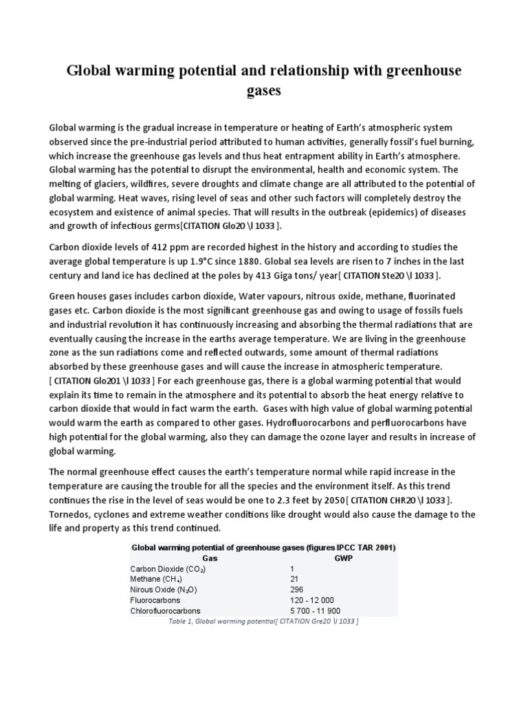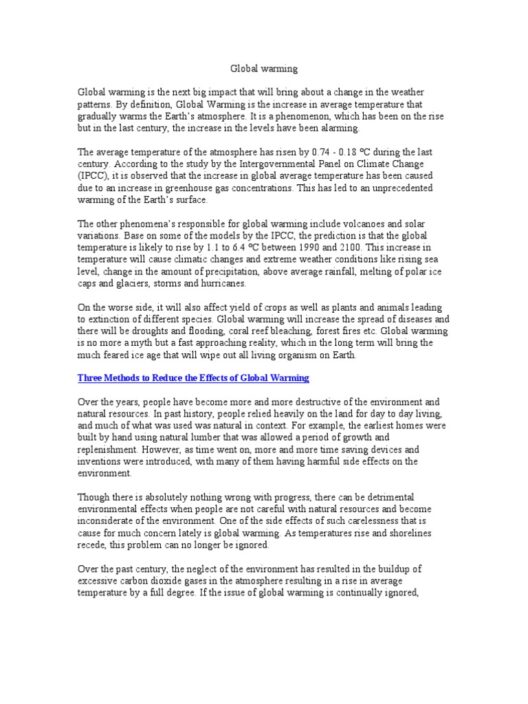The issue of climate change evokes a spectrum of responses from various demographics, and among those voices, landowners hold a significant position. Their perspectives are shaped by a unique interplay of personal interests, economic considerations, and environmental responsibilities. Understanding their viewpoints on climate change is crucial for developing effective policies and strategies that can foster collaboration between environmental advocates and agricultural or land management sectors.
Before delving into the complexities of landowners’ opinions, it is essential to consider several factors influencing these perspectives. Commitment to land stewardship, economic viability, and personal values significantly affect how landowners view climate change interventions. The following headings will explore these dimensions in detail.
Land Stewardship: A Convergence of Responsibility and Opportunity
Many landowners embody a deep-rooted connection to their land that goes beyond mere property ownership. For them, stewardship is a moral obligation—a commitment to preserve the environment for future generations. This ethos often aligns with environmental activism, as many landowners recognize their role in combating climate change through sustainable practices. This convergence presents an opportunity for collaboration where education and resource-sharing can facilitate transition towards eco-friendly methodologies.
However, opinions remain divided. While some landowners actively engage in regenerative agriculture or reforestation initiatives, others are skeptical of external pressures to adopt such practices. Detractors often argue that government regulations can be overreaching, feeling that mandates infringe upon personal liberties and business operations. This friction engenders a complex dialogue between governmental objectives and individual aspirations, necessitating a respectful exchange of ideas to foster mutual understanding.
Economic Implications: The Balancing Act
Another paramount consideration for landowners is the economic impact of climate change policies. Many landowners perceive climate change as an impending threat— not only to their productivity but also to their livelihood. Diminished yields due to erratic weather patterns, shifting pest dynamics, or prolonged droughts are realities that many farmers face. Consequently, landowners advocate for pragmatic approaches that prioritize economic stability while addressing environmental concerns.
This perspective frequently manifests in calls for incentive-based programs, where financial support for adopting sustainable practices should be emphasized. Such initiatives could include subsidies for renewable energy installations, tax breaks for organic farming, or grants for conservation easements. By implementing solutions that offer tangible financial benefits, landowners may feel less constrained and more willing to adopt innovative practices that align with climate-conscious principles.
Personal Values and Community Influence: A Spectrum of Beliefs
In addition to land stewardship and economic reasons, personal beliefs and community norms play an influential role in shaping landowners’ opinions on climate change. The rural landscape often presents a unique blend of traditional values and modern perspectives, leading to a spectrum of beliefs about environmental issues. For some, climate change is an undeniable scientific reality that warrants immediate action. For others, there may be resistance rooted in cultural identity or a suspicion of mainstream narratives.
Engaging in community dialogue can bridge this gap, fostering discussions where differing viewpoints can be aired and respected. Educational initiatives that prioritize local knowledge and incorporate culturally relevant strategies can be effective in shifting perspectives. For instance, workshops that demonstrate the benefits of sustainable practices in a relatable context—like community resiliency to flooding or drought—can empower landowners and inspire collective action.
Collaborative Approaches: Bridging the Divide
To tackle the diverse opinions on climate change among landowners, fostering collaborative approaches that respect economic realities while emphasizing environmental integrity is crucial. Policymakers and activists should seek out strategies that encourage participatory dialogue, allowing landowners to voice their concerns and contribute to crafting solutions.
In practice, this can include establishing advisory boards that involve landowners in the decision-making process for climate initiatives. Additionally, creating community incentive programs that prioritize local ecological concerns ensures that solutions are tailored to the specific needs of each region. Such partnerships could create a model for other communities, demonstrating that cooperation is achievable even amid contentious debates over climate policies.
Moving Forward: Towards a Sustainable Future
The path to addressing climate change requires an understanding of the varied opinions held by landowners. While economic interests and personal values significantly influence their perspectives, there is also a significant opportunity for collaboration rooted in environmental stewardship. By fostering partnerships that invite landowners to be part of the solution, we can cultivate a shared responsibility for the land that prioritizes sustainability, economic viability, and community well-being.
Ultimately, bridging the gap between differing opinions on climate change among landowners isn’t merely an exercise in diplomacy; it is vital for creating lasting change. With the right support, education, and collaborative efforts, landowners can become integral players in the global endeavor to combat climate change, preserving their land for generations to come.






